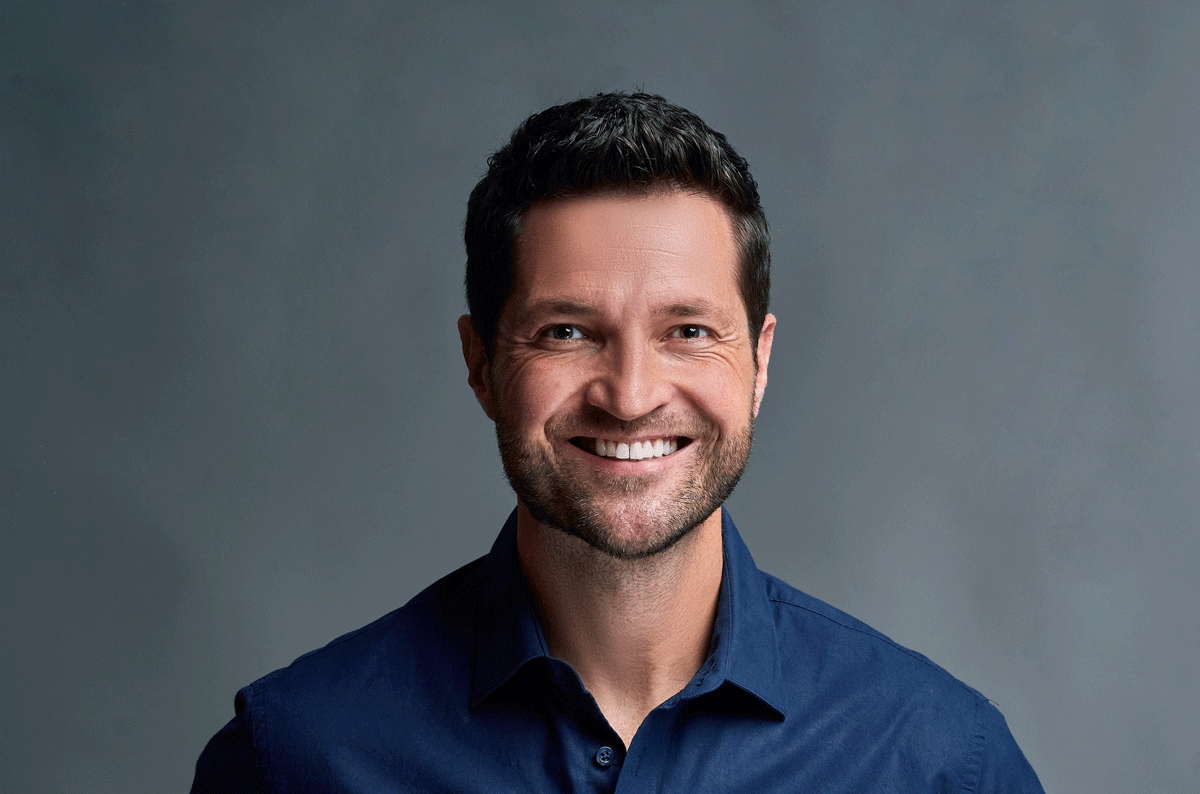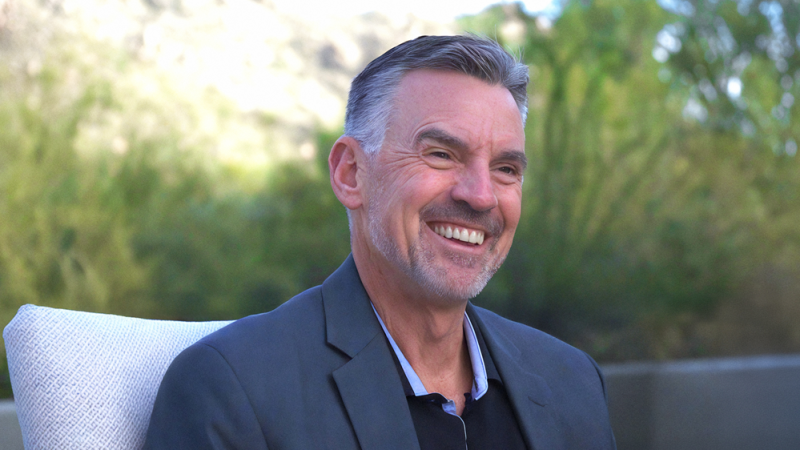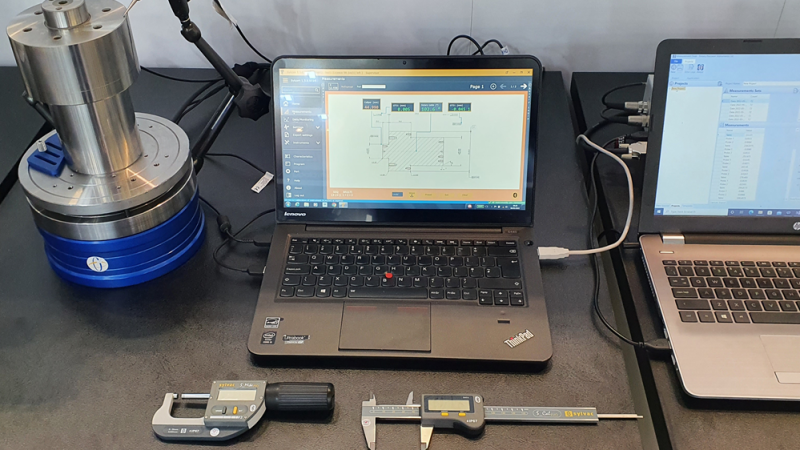The Nile River is one of the most famous rivers in the world, known as the Father River, it has shaped human history like no other. It is this water that goes into the beer produced by Nile Breweries.
“It is brewed with 100% locally sourced raw materials and water that we pull from the Nile River itself,” says Adu Rando, Managing Director at Nile Breweries. “One of our plants, the Jinja Plant, is directly on top of the source of the Nile River. It is iconic and world-class, recognised internationally. No beer in East Africa has anything like that.”
That water is one of the reasons that Nile Breweries is the number one brewery in Uganda, leading the market in terms of beer sales volume. The company was founded in 1951 in Uganda by an Indian family before they were expelled when Idi Amin came to power and nationalised the company.
“The family left when the government took over Nile Breweries, but they returned in the mid-80s and regained control of the brewery,” Rando tells us. “In the 90s they sold the business to SABMiller Plc, which in turn was acquired by AB InBev.”
Today the company is 72 years old and sells some of the most iconic brands in the country, including Nile Special, a brand that has won 23 consecutive gold medals in the Monde Selection Awards in Belgium.
“We have the number one and two favourite beers in Uganda, Nile Special and Club Pilsener,” Rando points out. “We are the strongest in brand power metrics as measured by third-party specialised companies. Nile Special is the undisputed number one favourite beer in the country.”
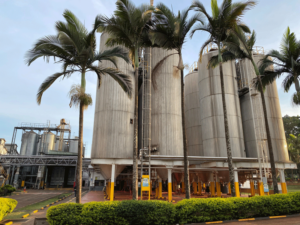 Serving the Whole Market
Serving the Whole Market
But one or two leading brands are not enough for Nile Breweries. The company offers a portfolio that caters to all customers, even the most price sensitive.
“Incomes in East Africa are not very high, and we cater to those consumers as well,” Rando shares.
This is why Nile Breweries produced the sorghum-based Eagle Lager in 2002.
As well as making sure its products are affordable for all consumers, Nile Breweries also works to support the least privileged in Uganda through development projects in cooperation with the government.
“We understood there was an abundance of sorghum in the farms and negotiated incentives with the government for a lower excise for beers produced predominantly with sorghum,” says Rando. “It means that we can source material 100% locally. In turn, that lets us develop and improve the livelihoods of farmers while charging a very low price for price-sensitive consumers.”
Nile Breweries sells three sorghum-based products through the Eagle brand – Eagle Lager, Eagle Extra, and Eagle Dark.
Adding Value
This is part of Nile Breweries’ ongoing efforts to invest in and build upon Uganda’s agricultural sector.
“There has been a big call for action from the government to promote and increase the value of our country’s supply chain. The president himself often uses the example of coffee, which is sold raw in bulk to the five big coffee players in the world for two to four dollars a bag,” Rando points out. “Those companies then roast those beans and sell them on for $40. So, the challenge is to build agro-processing within Uganda, developing locally and increasing the value-add to products that come out of the country.”
Nile Breweries has been investing millions of dollars over the last ten years to develop Uganda’s farmers’ capability to grow and deliver the raw materials it needs. At the same time, it has put $20 million into Uganda’s first malting facility, growing the country’s value-add capability.
“For seven years we have been training agricultural technicians and getting them out into the field to visit farms and host workshops,” Rando says. “They are training, developing and bringing best practice to farmers.”
It has yielded results – literally. Over the last five years, Nile Breweries’ farmers have tripled their barley yields, allowing the brewery to grow its locally produced content from 70% of raw materials to 90% last year.
Nile Breweries is also supporting the local economy by lobbying the government to cut down on illegal alcohol imports.
“Around 65% of all alcohol consumed in Uganda comes from illegal and counterfeit products,” Rando shares. “We have been advocating with the government to take action and introduce stricter policies so that these harmful products are not as available to consumers.”
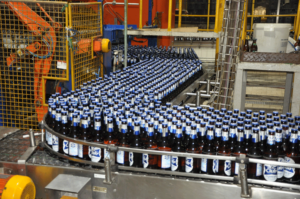 Brewing a Digital Transformation
Brewing a Digital Transformation
This is not just about teaching more effective farming methods, but about empowering Ugandan farmers. Nile Breweries has connected with telecom companies to ensure farmers are connected digitally to everything from knowledge and training resources to new sources of credit; financially empowering them to acquire new skills and higher-quality seeds.
Talking to Rando it is clear that digital tools are a big part of the company’s future.
“As part of the InBev group, we are going through a digital transformation,” Rando tells us. “We have launched the sales app, Bees, which is a global platform owned by AB InBev, that connects us with shops and retailers.”
This b2b solution was launched in Uganda last year and has seen rapid adoption in the market. Nile Breweries reports it is selling more than 90% of its volume from authorised distributors to shops via this platform, and 80% of the brewery’s customer base is already connected and registered to the app.
“This will be a big step forward for us, revolutionising our ability to bring customised offerings to our customers and understand them better,” Rando insists. “This platform will also make it possible for us to offer other products and rent space on our platform to other suppliers who can connect with our customers and sell their products.”
It is a project to promote synergy between breweries and customers, and it will be a valuable component in the growth of Uganda’s economy post-Covid. The future, in short, looks bright.
“Uganda is a country with a young population, so every year we will have thousands of people entering legal drinking age,” Rando points out. “The government is doing the right things to manage the economy and control inflation. We have a very stable tax regime, and we are seeing some stability in foreign exchange against the dollar. This is all attracting more investment and development to the country.”
